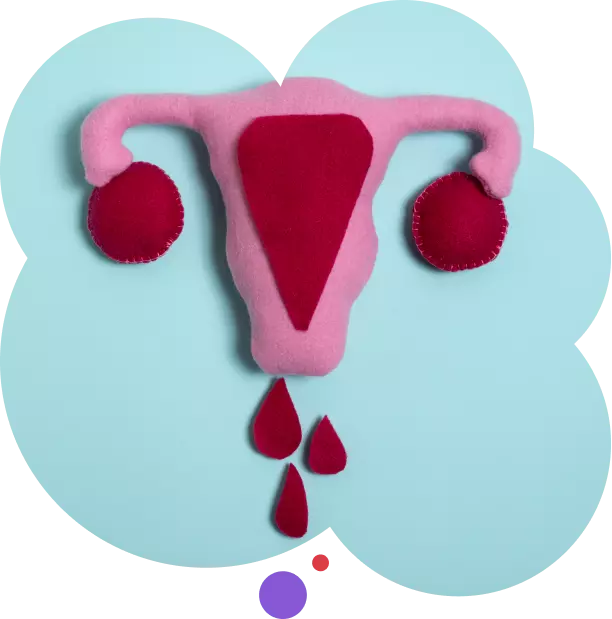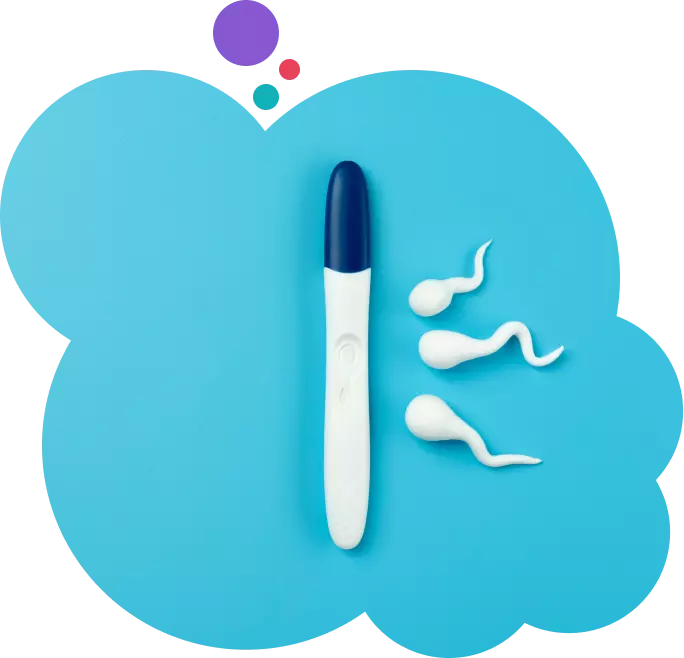
Feto IVF provides support and solutions for female infertility. Our dedicated staff provides customized care and modern therapies suited to your specific journey. With compassion and skill, we want to assist women realize their aspirations of parenting. Explore our extensive services, which will help you every step of the way.

Female infertility refers to the inability of a woman to conceive a child after one year of regular, unprotected intercourse, or the inability to carry a pregnancy to term. It’s a common issue that affects many women and can be caused by a variety of factors. Understanding these factors can help in seeking appropriate treatment and support.
Infertility may take a toll on the mental well-being, frequently causing worry and frustration. Many women find that connecting with support groups or counseling services can assist them negotiate these problems. Furthermore, speaking with reproductive professionals might give information about various therapies and interventions. This path, while often hard, may provide fresh hope and the prospect of attaining your family’s goals.


If you suspect infertility, it is essential to seek evaluation from a healthcare provider. Diagnosis typically involves:
Female infertility can cause a variety of issues, including:
Understanding these problems is critical for dealing with the psychological and physical consequences of female infertility.


Here are some techniques to avoid female infertility:
Implementing these techniques can help improve reproductive health and lower the chance of infertility.
Hormonal abnormalities, ovulation difficulties, blocked fallopian tubes, endometriosis, and age-related issues are some of the most common reasons.
A medical history review, physical exams, hormone level blood testing, and imaging tests such as ultrasounds are all part of the diagnostic process.
Lifestyle adjustments, ovulation medicines, intrauterine insemination (IUI), in vitro fertilization (IVF), and surgical treatments are all possible treatment options.
Yes, a healthy lifestyle, including a balanced diet, frequent exercise, and stress management, can improve fertility and reproductive health.